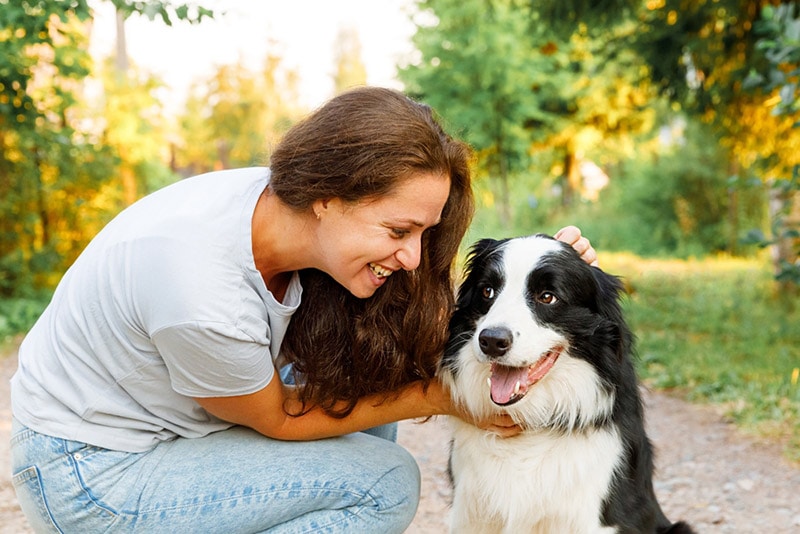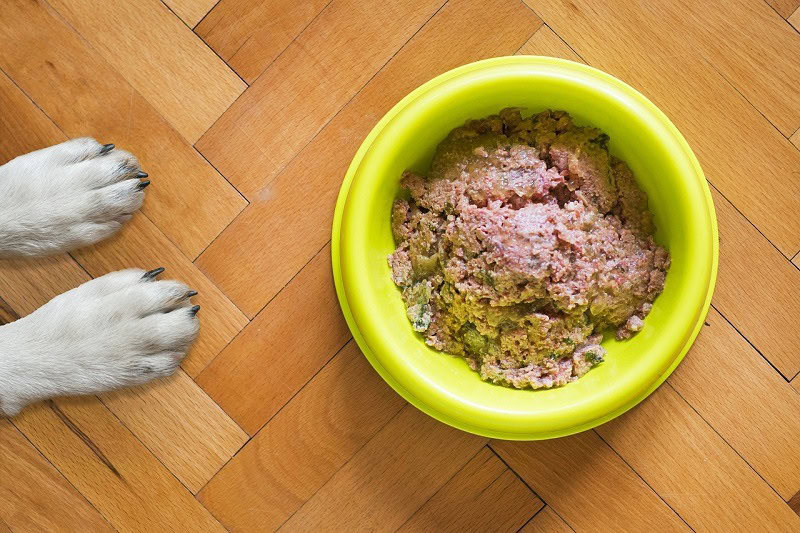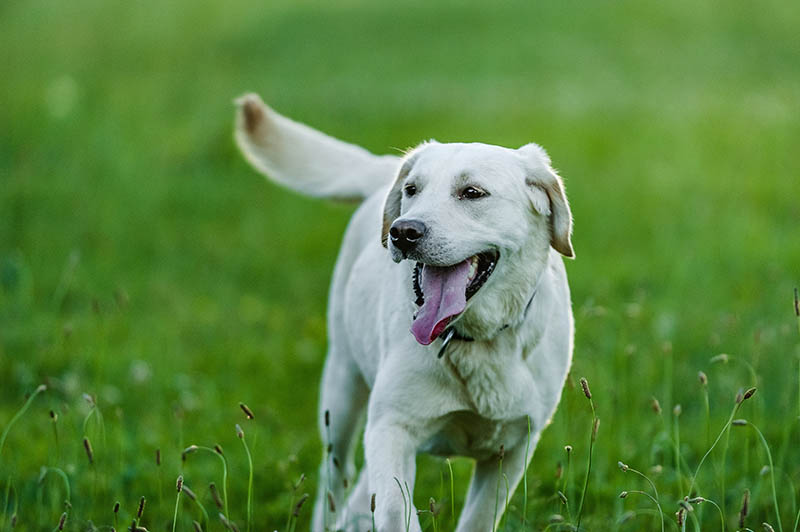How Long Do Havanese Live? Average Lifespan, Data & Care

Updated on
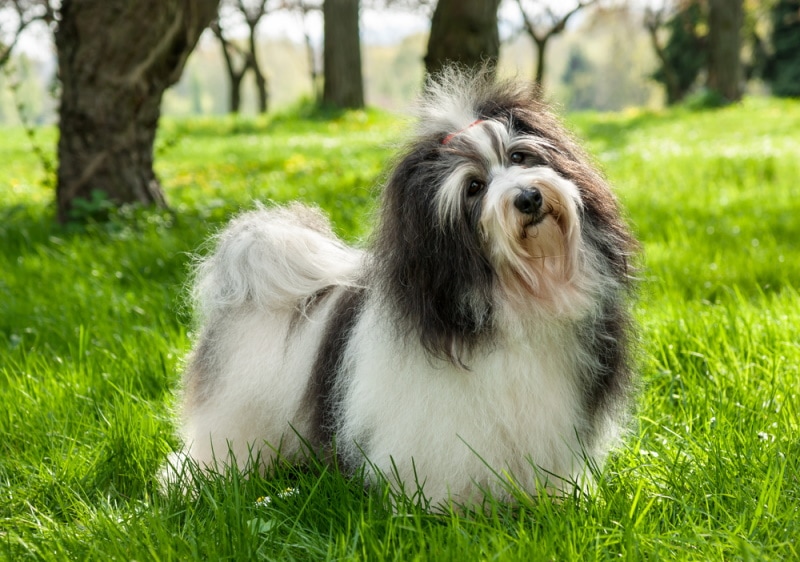
Click to Skip Ahead
The Havanese is a small companion breed that originated in Cuba and came to the U.S. during the revolution of the 1950s. The resulting breed is small, friendly, and lively, and Havanese have a lifespan of between 12 and 16 years with most living to about 14 years of age.
Females tend to live slightly longer than males, and how long any dog lives is governed, at least in part, by the quality of their diet, the state of their overall health, and even the amount of exercise and enrichment the dog gets in its life.
What’s the Average Lifespan of a Havanese?
Generally, smaller breeds of dog live longer than large breeds. While a Saint Bernard has a lifespan of 5–8 years, for example, the small Havanese has a life expectancy between 12 and 16 years, or twice as long as that of the St Bernard.
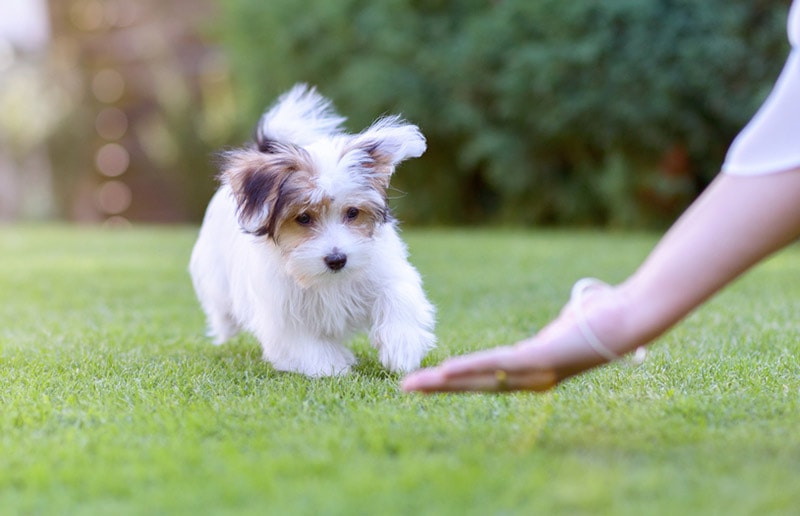
Why Do Some Havanese Live Longer Than Others?
However, while breed and the size of the breed, in particular, does correlate to the expected lifespan of a dog, it is only the start. With an expected lifespan between 12 and 16 years, and some Havanese only living 10 years and others reaching 18 years or more, there are obviously other factors that come into play. Some of the most important of those factors include the following:
1. Nutrition
Nutrition really does matter. And in the same way that people with a poor diet are more likely to get ill than those with a good, varied diet, the same is also true of dogs. Ensure that your Havanese gets a nutritionally balanced diet containing all the essential vitamins and minerals and that your pup is getting the levels of protein and amino acids that they require. If your dog is not getting enough of a certain ingredient, you can change their diet, or you can supplement it with vitamin and mineral tablets and powders.
2. Environment and Conditions
Havanese are small animals, and this means that it only takes a small amount of certain toxins or pollutants to negatively impact their health. This is especially true of any chemicals or pesticides that might be used on grass or other surfaces on the ground. Other environmental factors can include traffic, with dogs exposed to traffic because they are left outside all day more likely to die young.
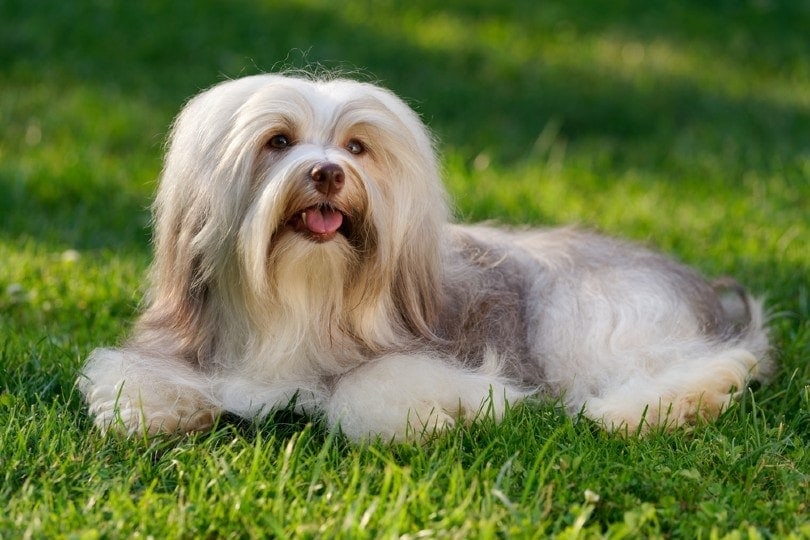
3. Housing
Because the Havanese is such a small breed, it doesn’t need a lot of room to be comfortable and healthy. However, it should spend the majority of its life indoors and free from pollutants and toxins.
4. Size
Most dogs of the same breed grow to around the same height and length, but size can also include weight. Overweight and obese dogs are more prone to certain illnesses, and obesity really does shorten the lifespan of a dog. Being underweight can have similarly negative effects, although this is usually because it is a sign that the dog is undernourished and not getting everything it needs from its diet. Follow a suitable diet for your Havanese and ensure that it is getting enough exercise each day.
5. Sex
Female Havanese will usually live a little longer than the male, but the difference isn’t necessarily large enough to base your decision on what gender of dog to buy.
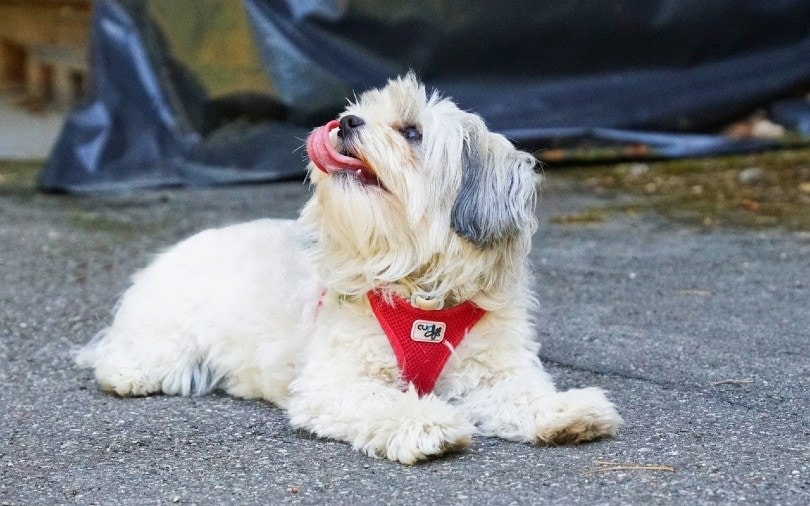
6. Genes
Genetics can cause a dog to develop certain health conditions and illnesses. These, in turn, might shorten the lifespan of a dog. When choosing a puppy, ensure that the parents have had the required checks that are meant to eliminate certain conditions from breeds.
7. Breeding History
There are some owners that believe female dogs that have bred have a shorter lifespan than those that have not bred. If this is true, it is likely a result of the fact that the dog has not been desexed, which makes them more likely to develop cancers and other life-shortening illnesses.
8. Healthcare
As well as desexing a dog, which has been shown to increase the life expectancy of most breeds, it is important that a dog gets veterinary treatment for any ailments and that the dog visits the vet regularly for checkups and monitoring. The vet can advise on weight and other potential health issues to help ensure that it has the best chance of a long, healthy life.

The 4 Life Stages of a Havanese
Havanese live to approximately 14 years, and they are generally considered puppies until they reach 12 months of age, when they become adult dogs. Senior Havanese are those that are aged at least 7 to 10 years old, but because some dogs age quicker than others, the owner will know when their dog reaches this stage.
1. Puppy
Havanese puppies are dependent on their mums until they reach about 10 weeks of age, which is when most owners will get their new dog. By this time, they will be exploring the world, and it is important that basic training and socialization start at this time. Once a puppy has been weaned and has progressed to solid food, it should be given food that is specially formulated for puppies because this has the appropriate amounts of protein, vitamins, and minerals.
2. Young Adult
When dogs are between the ages of 1 and 3 years old, they can be considered young adults. They will still have some of the features of a puppy, especially boundless energy and inquisitiveness. Training and socialization should be well underway and should continue throughout this stage to ensure that the dog can mix well with others and listen to its owner’s demands.

3. Mature Adult
From the age of 3, dogs are considered mature adults. They may still have mad moments and enjoy exercise and playtime. Adult Havanese will also sleep for about 12 hours a day and should be fed adult food.
4. Senior
By the time a dog reaches between 7 and 10 years of age, they start to slow down. They won’t leap off the couch as quickly for walks, and they may start to eat less. When this change occurs, owners should consider moving to senior food to ensure that their pup is still getting adequate protein.

 How to Tell Your Havanese’s Age
How to Tell Your Havanese’s Age
A Havanese will usually stop growing at 12 to 16 months, so if your Havanese is still growing it hasn’t reached this age yet. Otherwise, it can be very difficult to tell a dog’s age at first glance until it reaches its senior years. One way to tell a rough age is to look at the teeth. The worse the condition of a dog’s teeth, the older they are. Look for missing or damaged teeth as a sign that a dog is older than a couple of years old.
Conclusion
The Havanese is a companion dog that originates from Cuba and is popular as a small pet breed. It has a lifespan of between 12 and 16 years with most living to the age of about 14. The actual age that your Havanese will live to is partially determined by factors like environment, diet, and general healthcare, but there are some factors that we cannot see or affect.
Related Read:
- Male vs Female Havanese: How Do They Compare? (With Pictures)
- 21 Longest-Living Dog Breeds in the World: History, Pictures, & Info
Featured Image Credit: Dorottya Mathe, Shutterstock


 How to Tell Your Havanese’s Age
How to Tell Your Havanese’s Age